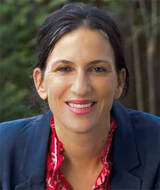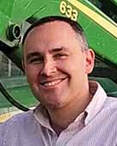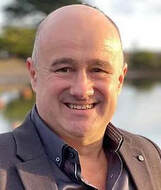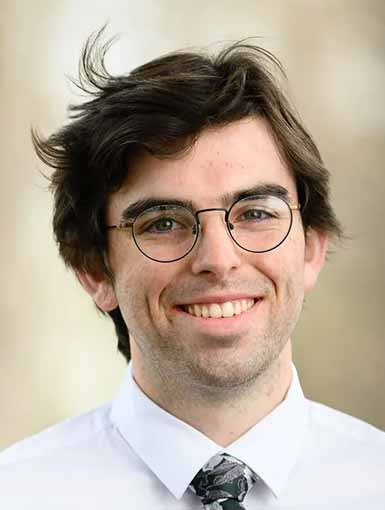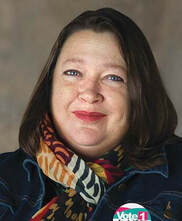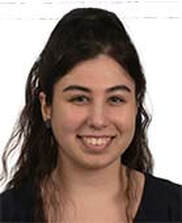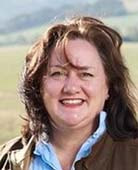| By Catherine Watson FOR election nerds, the contest for the seat of Bass is a thriller with enough clues and red herrings to keep them awake at night. Ten candidates cover the full electoral spectrum, from the Animal Justice Party and Greens on the left to Family First, the Freedom Party and Labour DLP on the right. (I said it was going to be confusing!) Battling it out in the middle are the three heavyweights: Jordan Crugnale (Labor), Aaron Brown (Liberal) and Brett Tessari (National), all with a chance of winning. The seat is currently held by Crugnale, who secured a 7 per swing in 2018 to win the seat for the ALP for the first time since it was created in 2002, with a margin of 1.8 per cent. Labor has since spent a bucketload of money in the Bass electorate this term and Crugnale would normally be a sure thing, but several factors make it impossible to predict with certainty. Following an electoral redistribution of Bass that removed largely urban areas of Pakenham and Clyde, the Victorian Electoral Commission now puts the Liberal Party narrowly ahead, 50.6 per cent to Labor’s 49.4 per cent, based on the 2018 votes. Sportsbet actually has the Coalition as a hot favourite to win Bass back from Labor, offering odds of 3.00 for a Labor win with 1.55 for the Coalition. |
Best frenemies
What makes the seat particularly hard to predict this time is the fact that two Coalition candidates will split the conservative primary vote. They are now locked in battle against Labor – and against each other.
Both the Coalition candidates grew up in Wonthaggi but on different sides of the railway tracks, literally and metaphorically. Brown’s father, Alan Brown, was the local MP for 17 years and leader of the Victorian Liberal Party, and is the long-standing president of the local branch of the Liberal Party.
| Tessari had actually joined the Liberal Party intending to seek pre-selection but walked away when it became apparent the position was reserved. Bass is certainly not National Party heartland but the party snapped up Tessari, a popular home-grown mayor and footy club president, when he became unexpectedly available. | Bass electorate: a brief history From a safe Liberal seat to a cliffhanger, the Bass electorate has played a crucial role in Victoria electoral history, including bringing down the Kennett Government. |
The undercurrent has grown stronger as the campaign has gone on. Each time Brown gives his spiel “I’m a fourth generation Bass Coaster …. “ Tessari pointedly responds: “I’m third generation Wonthaggi. I grew up poor and everything I’ve got I’ve had to work for.”
The Liberal Party is widely regarded as the prime challenger but you can’t write off Tessari.
At the 2020 council election, he secured almost half the ward total of votes in a five-councillor contest. If that translates across Bass Coast he’s a chance. Alongside a strong personal vote, he’s counting on persuading enough Liberal Party voters to vote for “the other” conservative candidate.
Brown says he wasn’t expecting a National Party candidate but it’s added another element of interest to the campaign. “You can’t take anything for granted. There are a lot of political parties jousting for the seat.”
The others
The Greens are looking to replicate their federal success. At 20, Greens candidate Callum Bugbird is the youngest of a trio of local Greens candidates for the lower house seats of Bass and South Gippsland and the Upper House seat of Eastern Victoria.
Meg Edwards describes herself as a “conservative independent” and is standing to focus attention (negative) on the Labor Government’s plan for massive offshore wind farms off the Gippsland coast.
Three other candidates – Martin Verhagen (Family First Victoria), Mark O'Neill (Labour DLP) and Marcus Munda (Freedom Party of Victoria) – have not been sighted and are almost certainly paper candidates, standing only to strengthen the bargaining power of their respective parties’ Upper House candidates. (If anyone knows them, I stand to be corrected.)
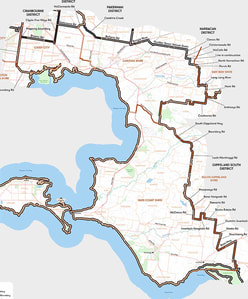 Bass electorate
Bass electorate It’s noteworthy that, although Bass Coast makes up less than half the electorate, all the genuine candidates come from this end of the electorate and all five election forums have been held in Bass Coast. Does anyone care at the other end of the electorate?
The three major candidates all cut their teeth on local government. Crugnale and Tessari are former Bass Coast mayors and Brown is a former deputy mayor of South Gippsland. While they are all known at this end of the electorate they are battling to make an impression at the northern end of the electorate: from Lang Lang through to Cranbourne South and Devon Meadows.
This is the outer suburbs of Melbourne, and the issues are very different. It also endured what was then the world’s longest Covid lockdown. There are pockets of lingering resentment of “Dictator Dan” though no one knows how strong that factor will be.
The issues
For the major candidates, the main issues are health services, roads and infrastructure. For the minor candidates environment, housing, climate change and animal welfare are high on the list.
For the voters – judging by the candidate forums – the main issues raised have been sand mining in the Western Port Woodlands, offshore wind farms, nuclear power, the Cape Paterson town boundary and LGBTQI rights.
